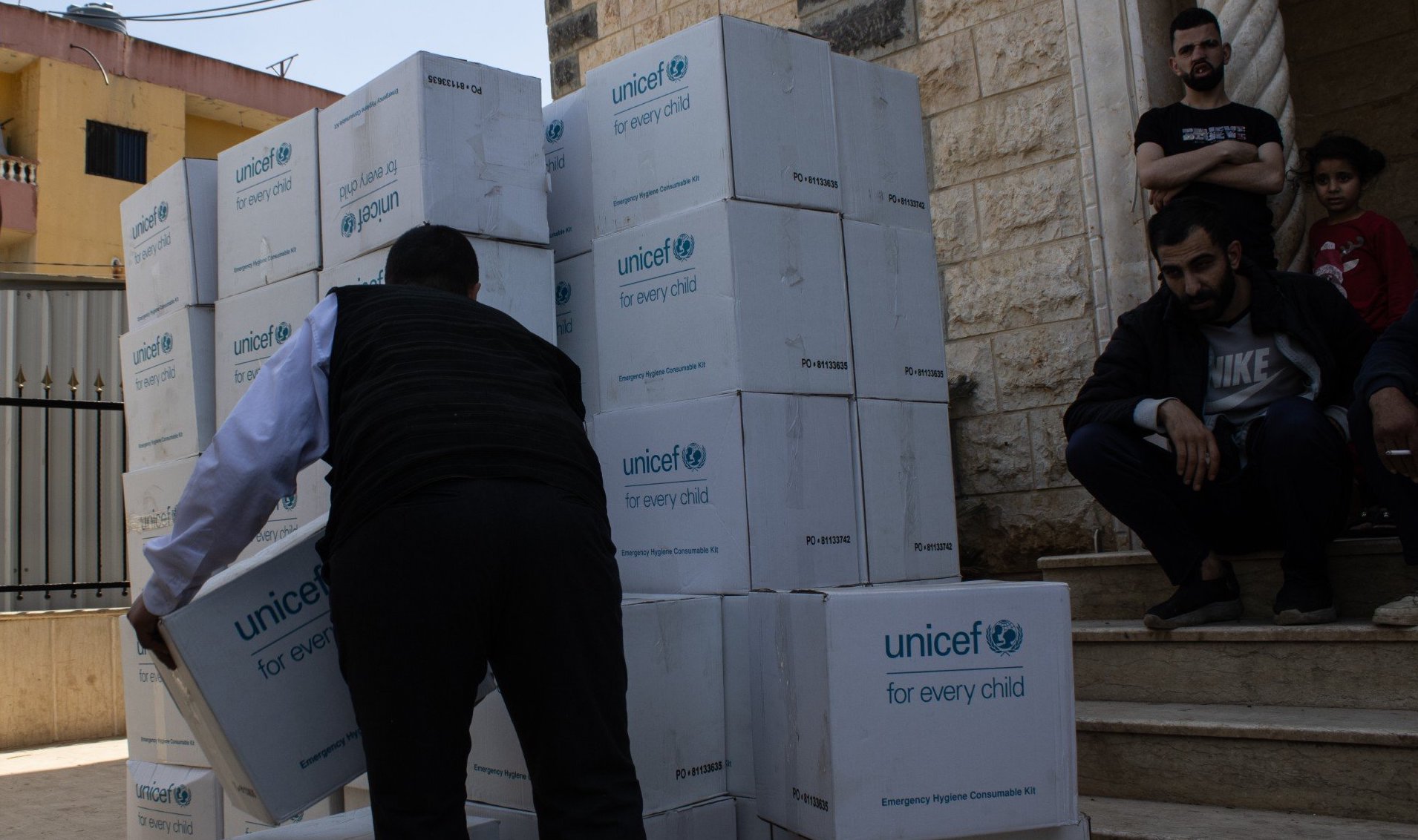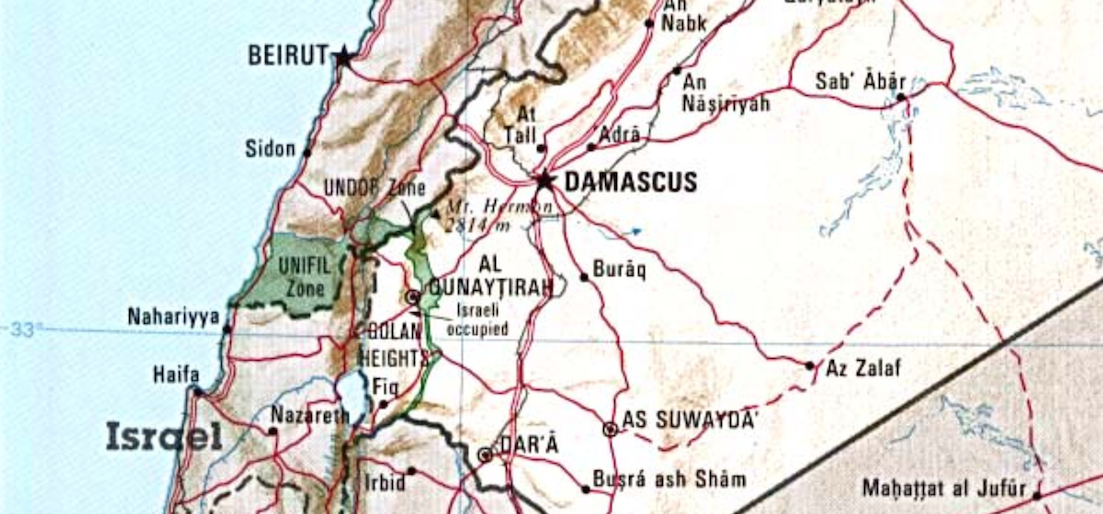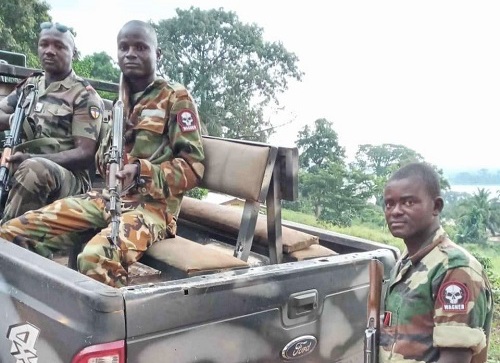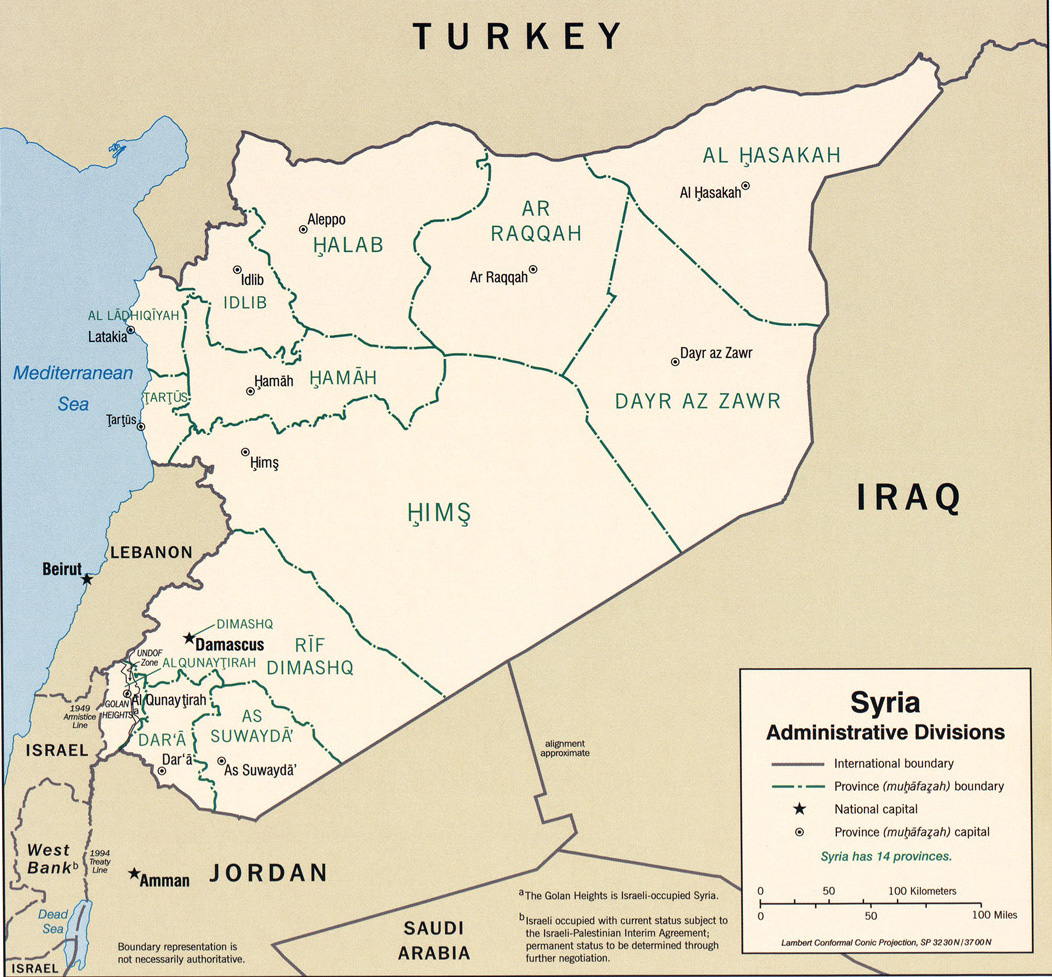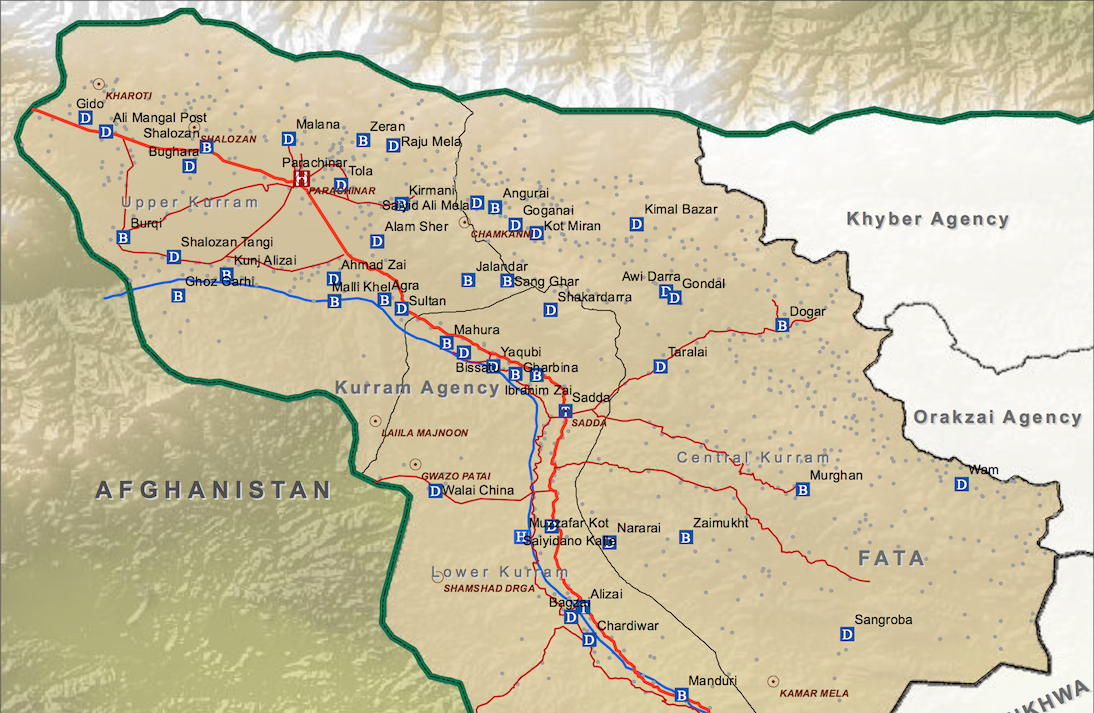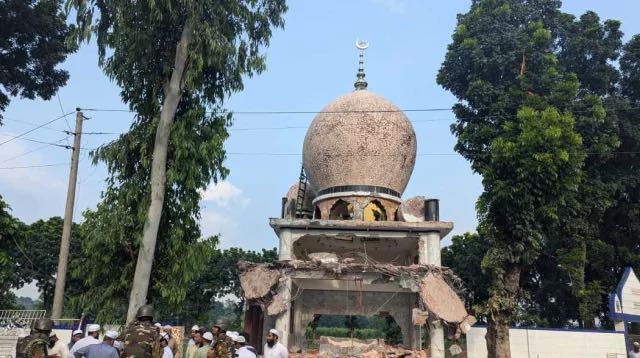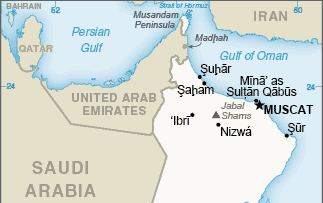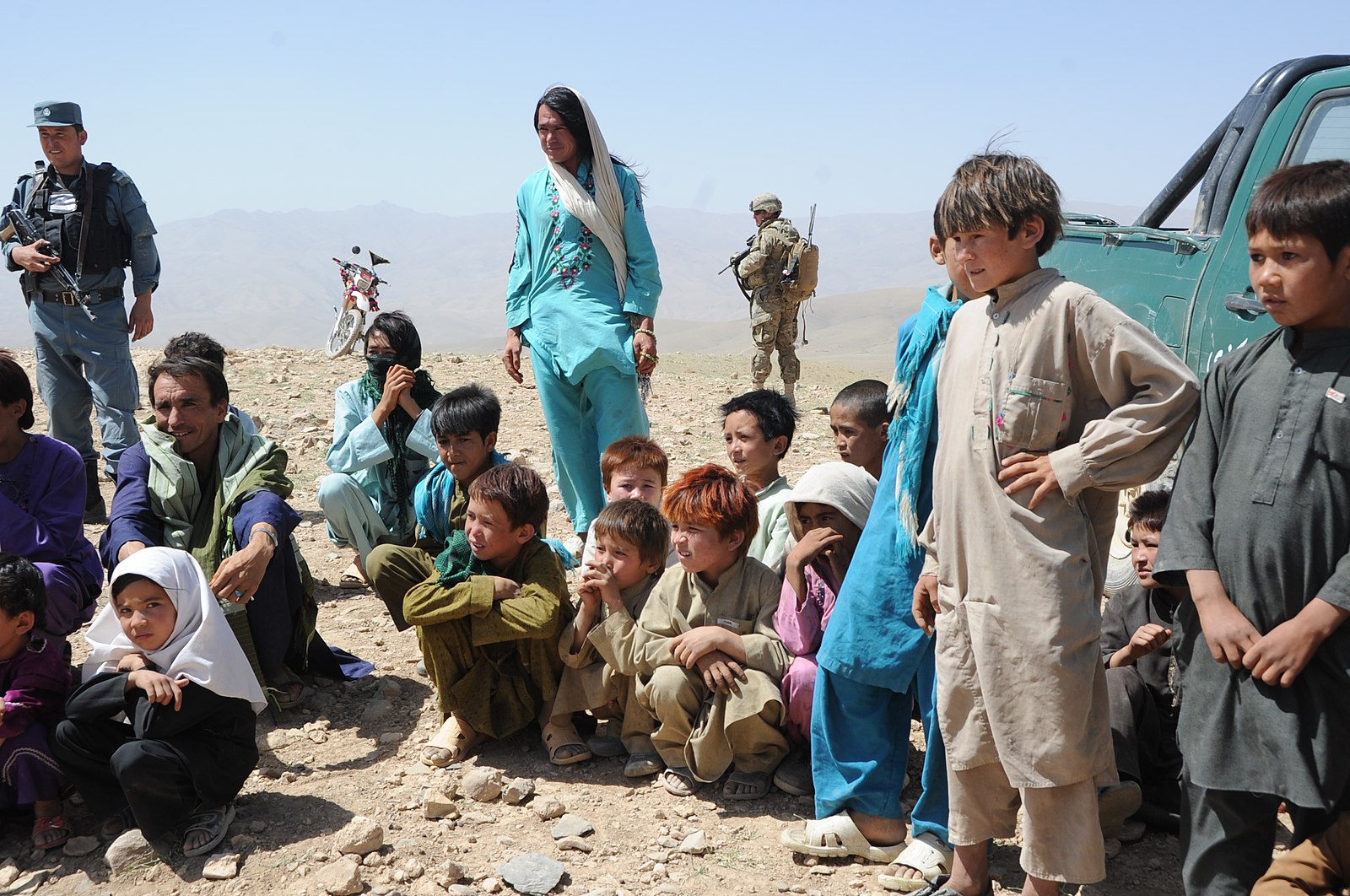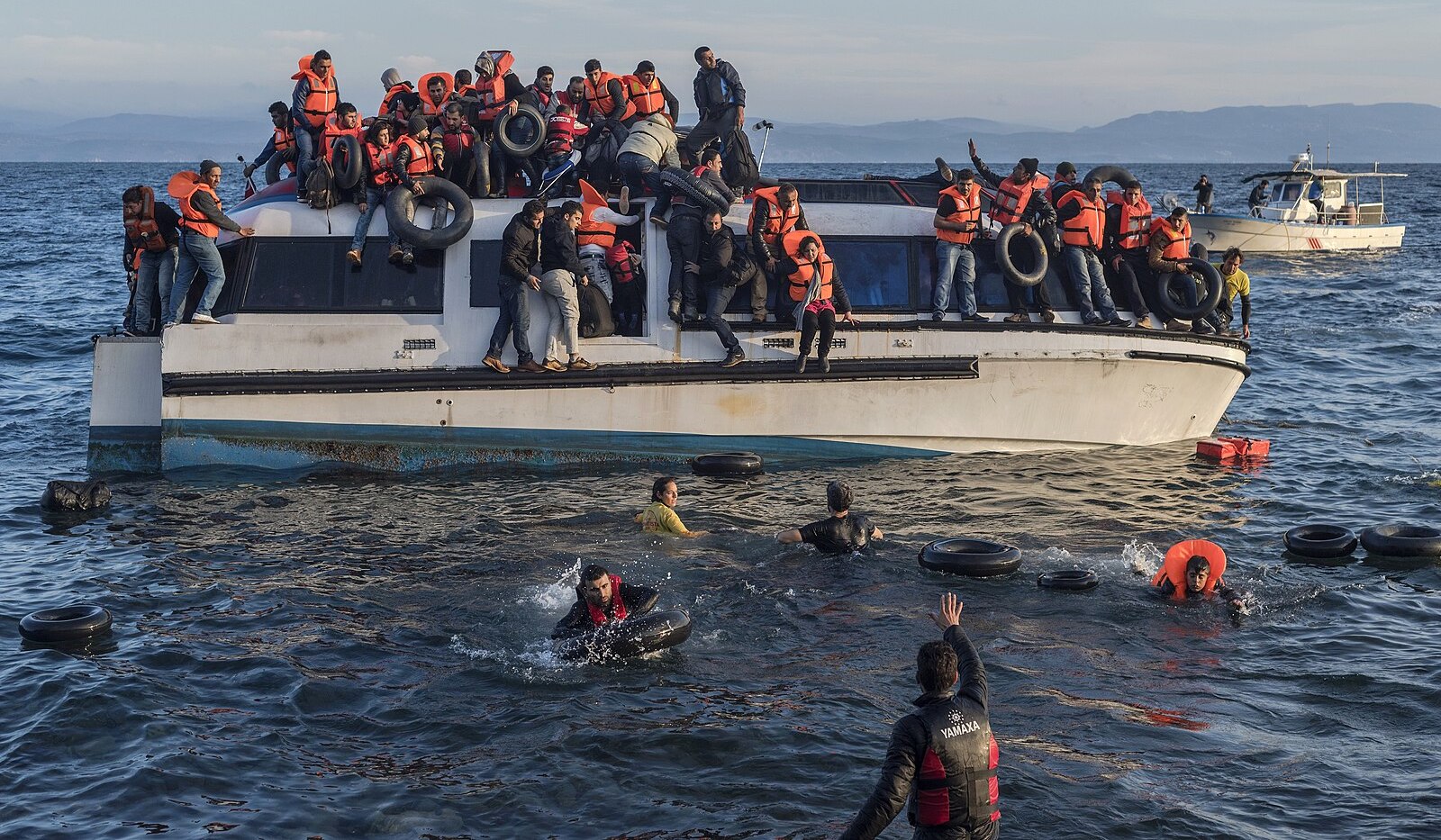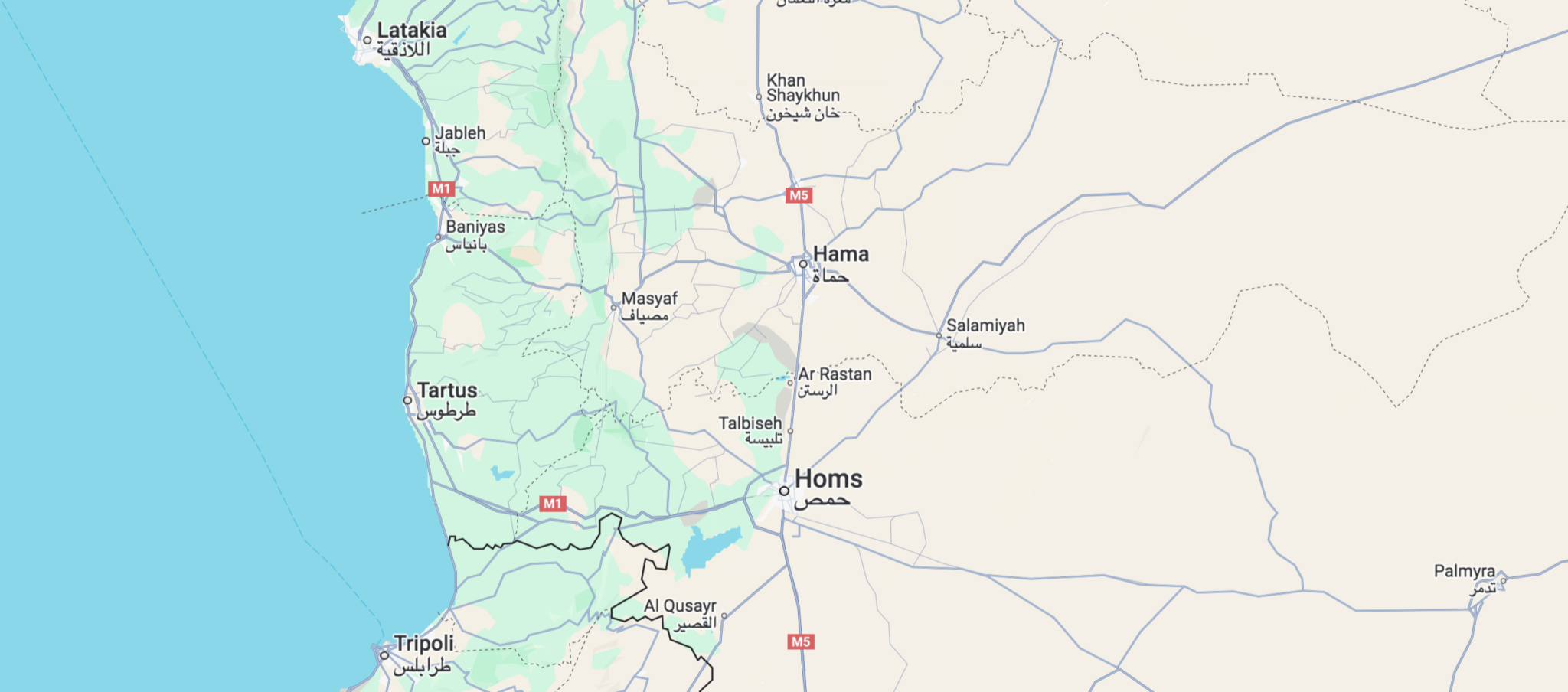
Syria: demand accountability in killings of Alawites
Amnesty International urged Syria’s transitional president, Ahmad al-Sharaa, to ensure the publication of all the findings of a fact-finding committee’s investigation into the targeted killings of members of Syria’s Alawite minority. The fact-finding committee was established in March, as al-Sharaa pledged to hold perpetrators accountable following mass killings in the coastal provinces of of Latakia and Tartous. The killings, which followed insurgent attacks on security forces in the region, appear to have been carried out by Sunni militias aligned with Syria’s transitional government. (Map: Google)



